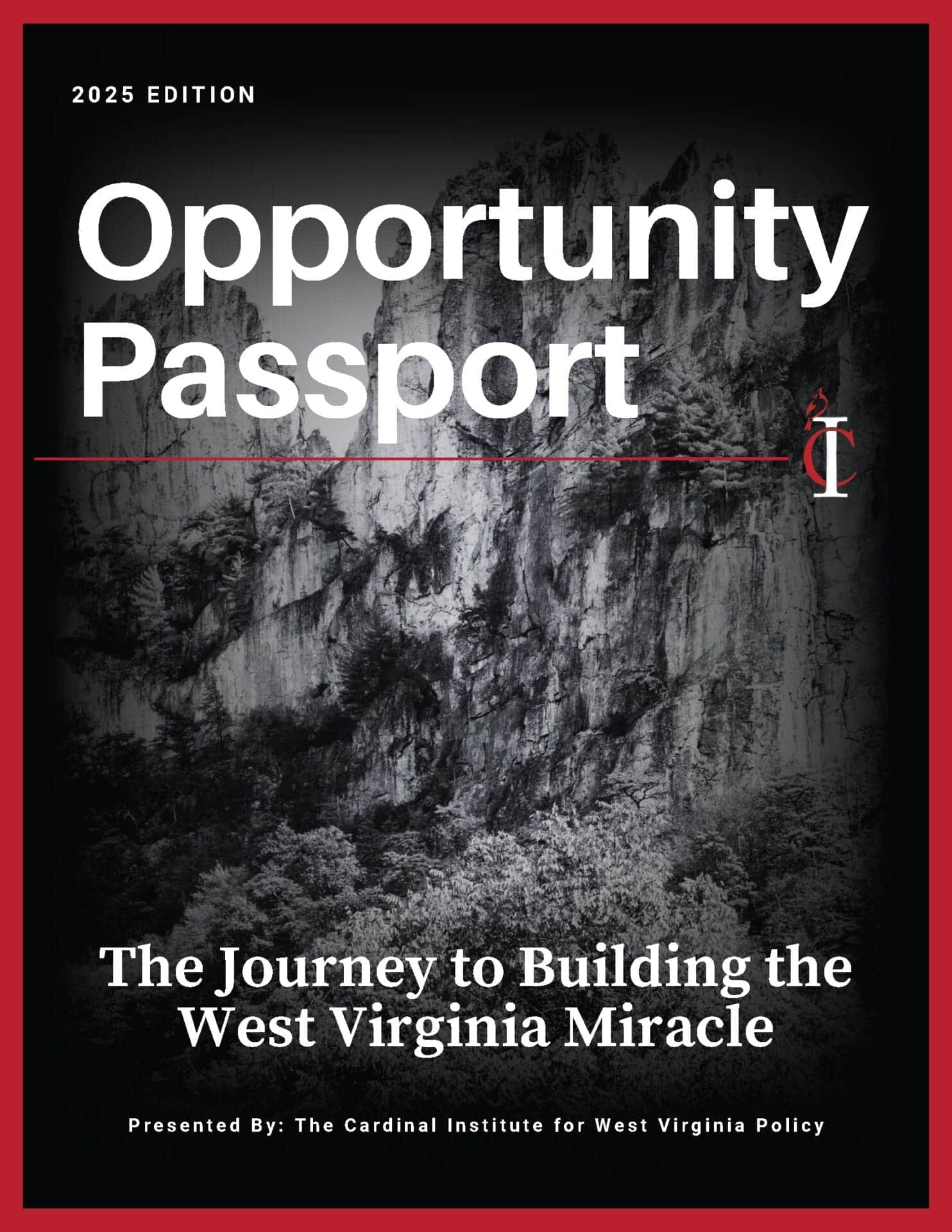
Open Enrollment in West Virginia: Everything You Need to Know
Cardinal Team
Public School Choice
Many states have policies which allow students to attend traditional public schools outside of their zoned attendance area. These policies are under the umbrella of open enrollment, which, as defined by National School Choice Week, are policies that, “make it possible for parents to choose traditional public schools that are outside of their zone or district.” Open enrollment policies exist, in some variety, across all fifty states according to the Education Commission of the States.
Types of Open Enrollment Policies
There are a variety of different open enrollment policies. The ExcelinEd foundation has identified five types of open enrollment policies existing in states.
- Voluntary: allows schools or districts to decide if they will accept students who live outside their boundaries.
- Mandatory: requires all districts to provide students the option to transfer and to accept students who request transfer.
- Intra-District: allows a student to request admission to a school outside of their residentially assigned attendance zone but within the same school district.
- Inter-District: allows students to request to attend schools outside of their assigned district but within the same state.
- Part-Time: allows students to access the courses they need from a provider that makes the most sense, parents have an increased amount of flexibility, and districts could see a funding boost while strengthening partnerships with community organizations.
Of these five policies, West Virginia has a variety of options that families may be able to take advantage of.
Which policies are available in West Virginia?
Open enrollment was passed in 2019 with H.B. 206 and is outlined in W Va. Code §18-5-16. This provision of code establishes a voluntary requirement for county boards of education to establish open enrollment policies for students in West Virginia.
Open Enrollment Guidelines in West Virginia
According to W. Va. Code § 18-5-16 (b)(2) open enrollment is defined as, “a policy adopted and implemented by a county board to allow nonresident students to enroll in any school within the district.” Under this provision, if an open enrollment policy is established, it must not charge tuition and must not require the student to obtain approval from the board of the county in which they reside. Boards of education are able to give preference to:
- Siblings of students already enrolled through the open enrollment policy;
- Secondary students who have completed 10th grade and, due to family relocation, become nonresident students, but express the desire to remain in a specific school to complete their education;
- Students who are children, grandchildren, or legal wards of employees;
- Students whose legal residences, though geographically within another county, are more proximate to a school within the receiving county, whether calculated by miles or transportation time;
- Students who reside in a portion of a county where topography, impassable roads, long bus rides, or other conditions prevent the practicable transportation of the student to a school within the county, and a school within a contiguous county is more easily accessible.
Boards of education may not refuse transfer applications simply due to a student’s previous participation in a religious school under exemption (k).
Intra-District Open Enrollment in West Virginia
The parameters of West Virginia’s voluntary Intra-District policies are in W Va. Code §18-5-16(a), which establishes attendance zones, and W. Va. Code § 18-5-16 (b)(2) which defines and outlines parameters.
W Va. Code §18-5-16(a) establishes the process for Intra-District transfers. The code allows county boards of education to establish attendance zones. A parent or guardian may request an Intra-District transfer in writing. Additionally, for reasons affecting the best interests of the schools, the superintendent may transfer the student to another school within the county.
Inter-District Open Enrollment in West Virginia
West Virginia’s voluntary Inter-District Open Enrollment policy is outlined in W Va Code § 18-5-13(f)(1)(C). County boards of education must have a mutual agreement for a student to transfer under this section of code.
Part-Time Open Enrollment in West Virginia
West Virginia is one of 12 States with a Part-Time open enrollment option. The part-time option is available to both exemption (c) homeschool students and exemption (m) Hope Scholarship participants. Even though these options are legally available, there are some contingencies.
For exemption (c), homeschool students are able to access courses and receive support from Superintendents regarding resources for home education. But, despite this, access is contingent upon county boards approving homeschool students for course access.
Exemption (m) is still in implementation. However, W Va Code §18-31-7 and §18-31-8 allow for Hope Scholarship recipients to access public school services in accordance with rules created between the Hope Scholarship Board and WV Department of Education and Boards of Education agreeing to become providers. There is access to these services under the legislation and the rules. However, the Hope Scholarship Board is currently working out the details while the program is in implementation.
Out of State Transfers
Though not listed as a type of open enrollment according to the ExcelinEd Foundation, West Virginia does allow for voluntary Inter-State student enrollment. This is outlined in W Va. Code §18-5-16(f). Under this section, any Inter-State transfer must be based on mutually agreed upon terms between the county boards of education in question.
West Virginia Should Improve Open Enrollment Policies
As West Virginia continues to make strides toward greater education freedom, improving open enrollment is a necessary step. The best way to improve open enrollment is to create a clear mandatory policy that is easy to understand for families, education leaders, and policy makers.
Andrew Bambrick is the Education Outreach Coordinator for the Cardinal Institute for West Virginia Policy.







